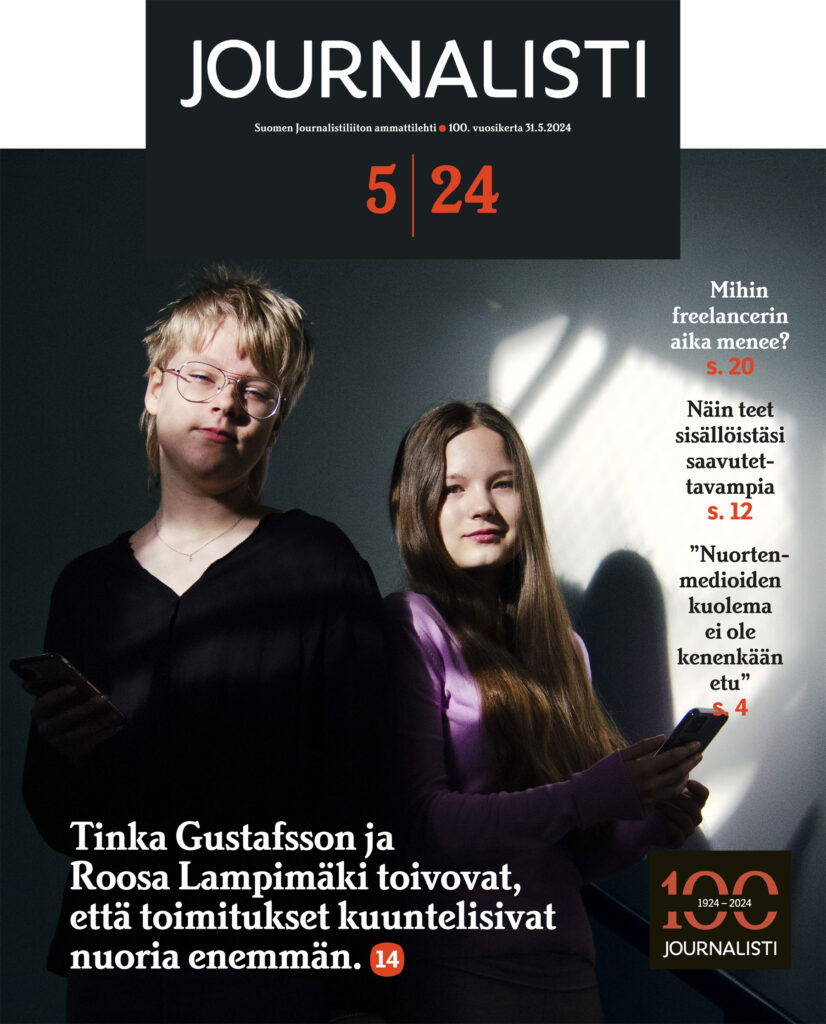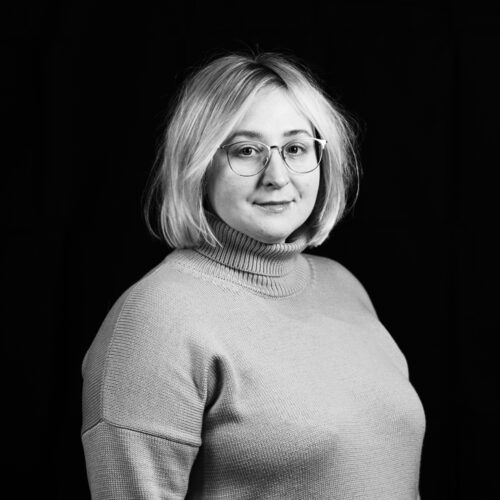In May of 2023, Iltalehti newspaper removed more than 30 articles written by a journalist from Ukraine from its website. The newspaper decided to do this after it became clear that the Ukrainian author had passed off someone else’s photos as his own.
At first, I was very upset by this incident. I was sorry that there was now distrust of the Ukrainian freelancer’s many years of work. However, I consider the decision of the editors to be justified – the deliberate provision of unreliable information cancels out all the previous achievements of the journalist.
Still, I was also outraged when the work of all Ukrainian journalists was called into question on the basis of this case. After all, Russian propagandists have been trying to create distrust in the work of Ukrainian journalists and the media for many years. Generalizing from a single case spreads a false narrative against Ukrainian media to an international audience.
Some of the photos depicted a scene in a battle near Bakhmut (one of the Ukrainian cities in the Donetsk region, where the fiercest battles took place). The media apologized to the readers, and the editor-in-chief of Iltalehti, Perttu Kauppinen, reflecting on the causes of the situation, invited readers to consider ”whether a Ukrainian journalist full of nationalism can cover the defensive battle as objectively as a journalist sent from Finland”.
This statement filled me with sorrow. I, a journalist with over 20 years of experience, as well as the entire Ukrainian journalistic community and media, have been generalized into one box, questioning our professionalism.
Ukrainian journalists are the citizens of their country, and everything that happens in Ukraine hurts them. Unlike foreign correspondents, our Ukrainian colleagues do not have the opportunity to return to a safe homeland.
This is the naked truth: we must integrate war into our daily lives. So the emotional component is constantly present in our work. But does this affect the professionalism and objectivity of my colleagues in their coverage of the war and the events taking place in Ukraine today?
My bold answer to this question is no! Ukrainian journalists have media legislation, requirements for texts, and ethical standards that are similar to the EU’s. They share the same understanding of professionalism. Covering the news in a war zone, as Ukrainians do, does not make them biased or prone to providing misinformation to the world; instead, they are sacrificing themselves to tell the reality of their country’s nightmare.
Thanks to Ukrainian journalists, the world knows about what happened in the first hours of the full-scale invasion. Leading Ukrainian media continued to work during the days when millions of Ukrainians tried to save themselves and run away from the brutality of the Russian invasion.
Despite the risks, journalists went to cover the war zone and cities destroyed by Russia. Take for example photojournalist Maksym Levin, who was killed near Kyiv. Most of Levin’s documentary projects are related to the war in Ukraine. He said, ”Every Ukrainian photographer dreams of taking a photo that will stop the war.” Levin collaborated with the BBC, Reuters, TRT World, and Associated Press. His photos were published by the Wall Street Journal and Time.
In addition, photojournalists Yevhen Maloletka and Mstyslav Chernov covered the Russian invasion of Mariupol. Thanks to their work, the world obtained evidence of the crimes of the Russian army. In the spring of 2023, Maloletka and Chernov became winners of the Pulitzer Prize. Their photos and videos were the basis of the documentary film ”20 Days in Mariupol”, which won the World Cinema Audience Award: Documentary at the Sundance Independent Film Festival and made the shortlist for the Academy Awards.
Ukrainian mass media do not silence painful and unpleasant topics in their country, whether domestic or foreign. For example, my colleague Yuriy Nikolov published information about corruption within the Ministry of Defense of Ukraine in the ministry’s attempts to purchase food for the military. The article was published during important negotiations regarding the provision of aid to Ukraine. Thanks to the resonance caused by the text, it was possible to prevent the purchase of food at inflated prices and to save at least 100 million euros.
The Ukrainian English-language online media, The Kyiv Independent, had conducted an investigation into the abuse of the leadership of the International Legion, which is subordinate to the Main Directorate of Intelligence of the Ministry of Défense of Ukraine.
The facts presented in these articles attract the attention of the international community and may slow down the flow of assistance to Ukraine. And when we discover the facts about violations, the first thing that comes to mind is whether we should remain silent this time.
However, the war has forced all of us to grow up quickly and realize that if we silence or distort the picture, then we do not allow the problem to be recognized and solved. Our patriotism forces us to be even more demanding and vigilant about our work. We want our country to become strong and stable.
Journalisti is publishing articles by international students from Haaga-Helia to mark the 100th anniversary of Journalisti.

Uusimmassa lehdessä
- Toimitukset kalastelevat nuoria lyhytvideoilla, mutta heidän elämänsä uhkaa jäädä varjoon journalismissa. Se on kohtalokasta lukutaidolle ja median tulevaisuudelle, sanoo tutkija.
- Inhimillisten kohtaamisten pitäisi olla toimituksen voimavara
- Tasa-arvovaltuutettu patistaa liittoja neuvottelemaan vanhempainvapaista
- Lokale reportern nominerades till Snöspaden – så reagerade Åland

